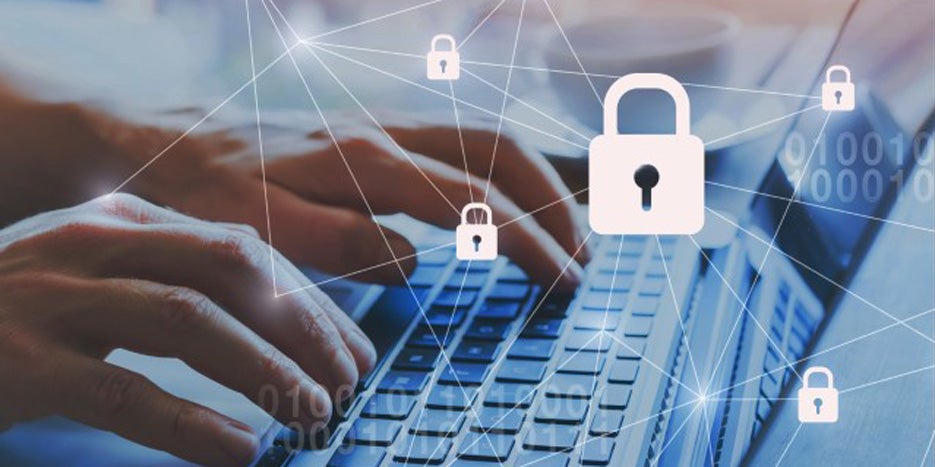Summer Tech Prep: Essential Tips for School IT Departments
School IT departments can take advantage of reduced user demand during the summer. Now is the time to assess and improve your technology infrastructure, address changes and fixes, and prepare for the fall semester. Here are some essential tips to make the most of summer break. Fund members with cybersecurity coverage can use the checklist at the end of this article to guide their work.
Audit Your Systems
As part of your system audit, you will put together a comprehensive inventory of technology assets, retire assets as necessary, and tune up assets you plan to keep.
Inventory Management
Start by verifying and updating your hardware and software inventory. Accurate, complete records are crucial because you can't maintain and protect what you don’t know you have. Inventory management gives you a picture of your technology assets. It also helps you identify assets that need attention.
Evaluate and Upgrade
Identify and replace systems that are no longer supported or are close to end of life. Outdated systems pose serious security risks because they lack manufacturers’ patches and updates. Upgrading these systems will boost security, performance, and reliability.
Power Protection
Connect critical systems to uninterruptible power supplies (UPS) and surge protectors. Power surges and outages can damage hardware and data. UPS devices provide backup power, keeping systems running during short outages and protecting against power surges.
Software Updates
Patch and update all software. Updates often include important security patches that protect your systems from known vulnerabilities. Keeping software current helps safeguard against potential threats and improves system stability.
User Permissions Audit
Review and adjust domain user permissions. Over time, users may accumulate unnecessary permissions that could pose security risks. Implementing the principle of least privilege ensures users have only the access they need to do their jobs. This reduces the risk of accidental or malicious data breaches.
Maintain and Clean Equipment and Equipment Rooms
You wouldn’t expect your vehicle to remain reliable without regularly scheduled oil changes, tire rotations, and other preventative maintenance. The sample principle applies to technology assets.
Repair and Replace Equipment
Address equipment that needs repairing. This includes rewiring ports, replacing faceplates, and updating faulty peripherals like mice and keyboards. Summer break is an ideal time to handle these tasks without disrupting daily operations.
Regular Cleaning
Clean your server rooms and equipment regularly to reduce dust, which can cause overheating and hardware failure. Regular cleaning increases your equipment’s reliability and lifespan.
E-Waste Management
Eliminate and recycle old and broken equipment that gathered during the school year. Work with a technology waste recycling company to dispose of electronic waste safely and compliantly, freeing up space and protecting the environment.
Reorganization
With old equipment out of the way, reorganize your server room and tech storage areas for better efficiency and accessibility. Cables should be labelled and bundled, and servers should live in a server rack. A well-organized space makes it easier to manage and maintain your technology infrastructure.
Improve Your Security Program
System upgrades, patches, and preventative maintenance alone will not protect your organization from incidents. Comprehensive cybersecurity programs thrive on strong plans and, as important, well trained employees.
Review IT Security Policies
Ensure your IT security policies are up to date and compliant with regulations and best practices. Regular reviews help you find and fix vulnerabilities and ensure that your security measures are strong.
Backup and Disaster Recovery
Continue regularly scheduled data backups, but don’t stop there. Confirm that backups are functional and capable of restoring the network after a system failure or ransomware attack. Testing your backup and recovery processes ensures you can quickly recover from data loss or ransomware incidents.
Training and Preparedness
Train your employees on the incident response plan and perform tabletop exercises to test your plan. Exercises help prepare your team to respond to real incidents, ensuring everyone knows their roles and responsibilities during an emergency. Your plan should also identify your cyber coverage provider and who to contact in case of an incident.
Monitoring and Alerts
Set up server and network logs to send notifications to IT staff. Regularly check server logs for critical errors and monitor network logs for suspicious activity that could indicate intrusion attempts. Proactive monitoring helps detect and respond to potential threats quickly.
Additional Support
By following these tips, school IT departments can ensure a strong, secure, and well-maintained technological environment for the upcoming academic year. Don't forget to download our checklist to help you stay organized and efficient during your summer tech prep.
Fund members with Privacy and Information Security coverage benefit from expert support at no additional cost. Let us train your team to build a state-mandated cybersecurity plan, avoid common scams and attacks, and recover from incidents.
You May Also Like…
View All Related Insights
Cybersecurity Is Not Just an IT Thing
Cybersecurity culture is built on every employee embracing their role in keeping criminals at bay. Here are seven tips to help you get there.

Want to Worry Less About Data Breaches?
The accidental release of sensitive information can tarnish your organization’s reputation. Data loss prevention tools help ensure that when employees make mistakes, technology has your back.

Fund Coverage 101: Intro to Cybersecurity Claims
Cybercrime is big business, and schools are tempting targets. Fund Privacy and Information Security coverage pays for covered claims, including incident response when appropriate.

Are You Managing Electronic Waste Safely and Compliantly?
Before you dispose of electronic devices or transfer them to students, make sure they're wiped clean of sensitive data.
